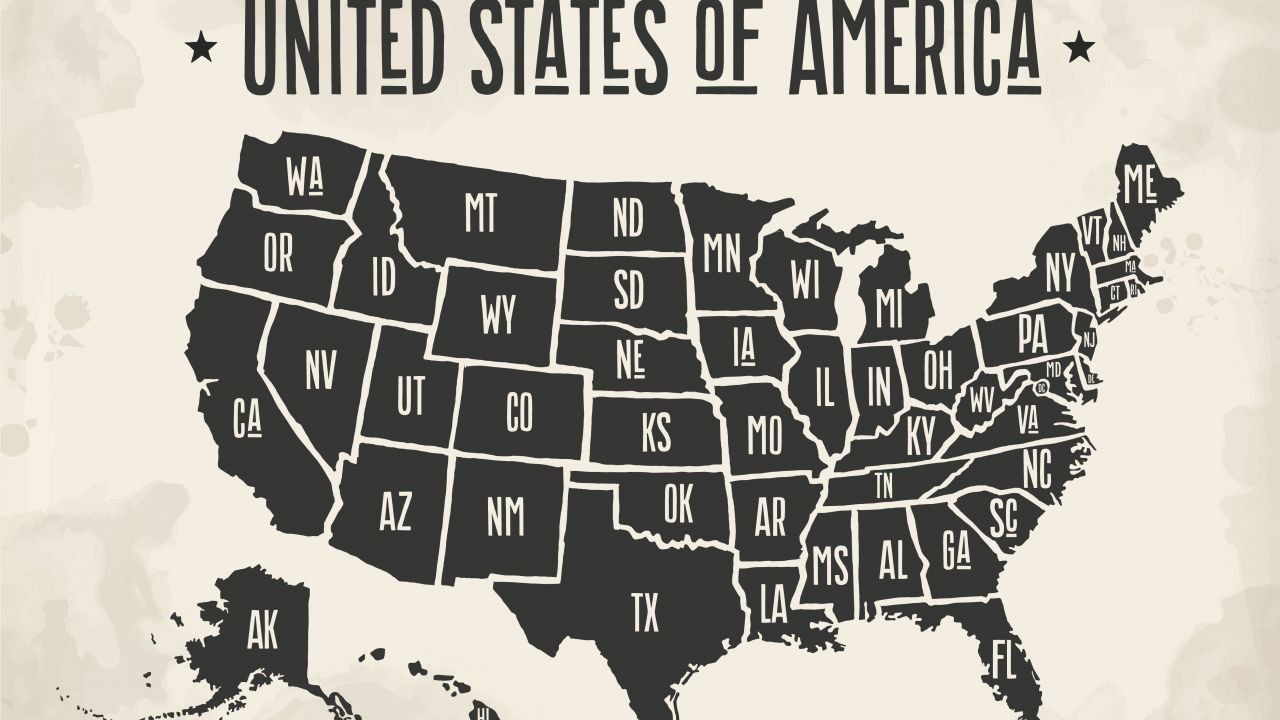What's the difference? Named Insured, Additional Named Insured and Additional Insured?
There is a common misconception that there is little or no difference between being an additional insured and a named insured. However, there is a BIG difference when you are considering it from a liability perspective.
Named Insured:
A "Named Insured" is the actual owner of the insurance policy and have the broadest protection and indemnity provided by the policy. The "Named Insured" will assume responsibility for signing and choosing coverage types and amounts of the policy and the payment of premiums. The "Named Insured" will receive the premium notice and any notices of cancellation. There can be more than one named insured, and you can usually find these on the first page and often within the first few lines. If there are more than one named insured on a policy, usually the person listed first holds the primary responsibility. The named insured has ability to extend protection to the additional insured under the terms and conditions of the named insured’s policy.
Additional Named Insured:
There aren’t huge practical differences between a named insured and an additional named insured. An "Additional Named Insured" will have the same rights as a “Named Insured” with the full policy coverage and will most often be an affiliate, partner or co-owner of the primary insured with the same risks and interests but typically won’t be responsible for the premium. They will however be entitled to notice of policy changes and cancellations and will have the same coverage as the "Named Insureds" but share the policy limits. The "Additional Named Insured" is also entitled to notification if the policy is changed or cancelled.
Additional Insured:
The "Additional Insured" is a person or entity who is not the owner of the policy but who, under certain circumstances, may be entitled to some of the benefits and a certain amount of coverage under the policy by an endorsement. This entity then enjoys full coverage from your policy without being responsible for its premiums or upkeep. The endorsements for "Additional Insured" will provide coverage to the people or businesses named on them only for claims arising out of the acts or omissions of the primary named insureds. Additional Insureds are also therefore not obligated to pay premiums and typically do not receive notices of policy changes or cancellations.
Conditions apply for each policy and the information expected from you for a policy to trigger. Coverage may differ based on specific clauses in individual policies. Please ask your agent at Waldorff Insurance and Bonding to review the additional benefits and exclusions pertaining to your policy.
*** This article provides general information, and should not be construed as specific legal, HR, financial, insurance, tax or accounting advice. As with all matters of a legal or human resources nature, you should consult with your own legal counsel and human resources professionals. Waldorff Insurance and Bonding shall not be liable for any direct, indirect, special, consequential, incidental, punitive or exemplary damages in connection with the use by you or anyone of the information provided herein.









